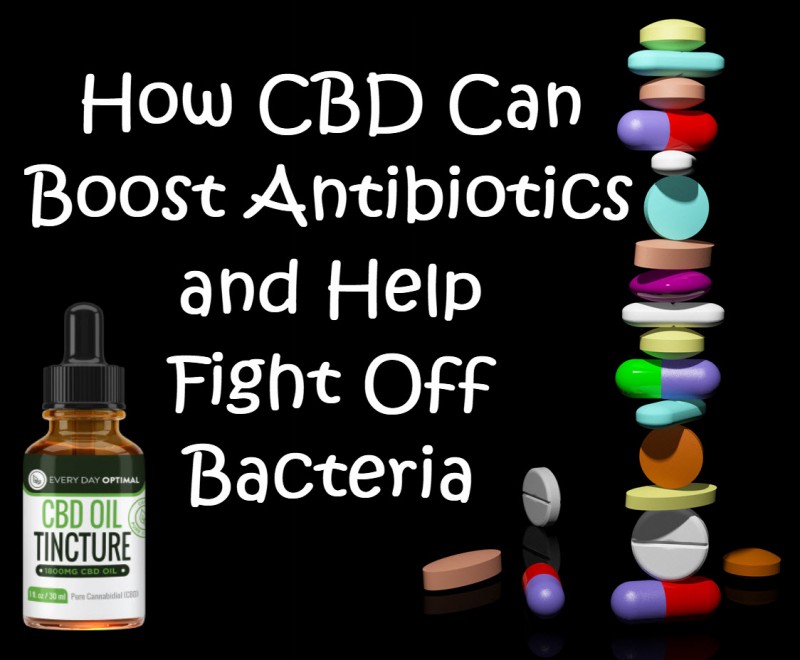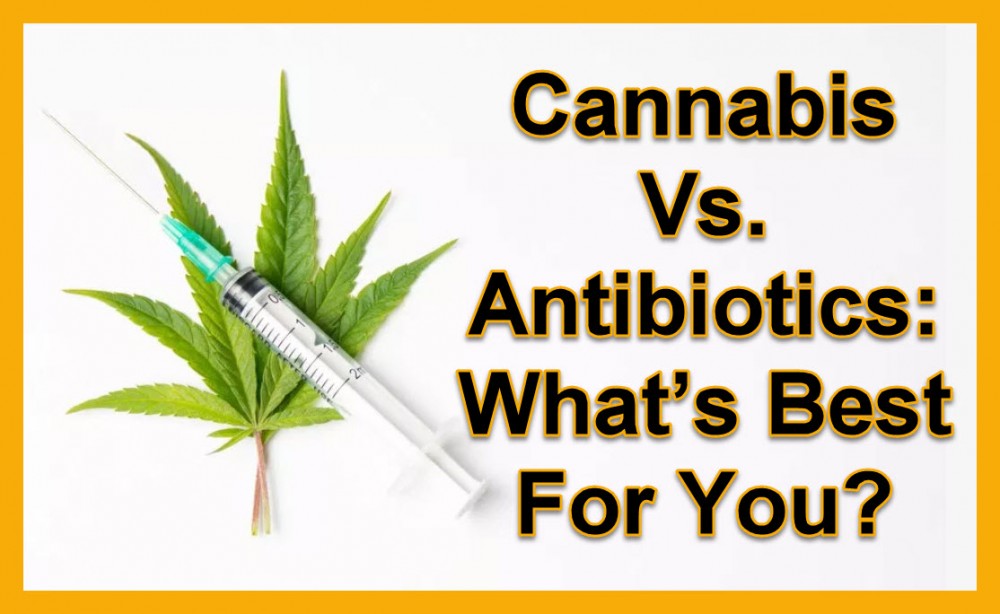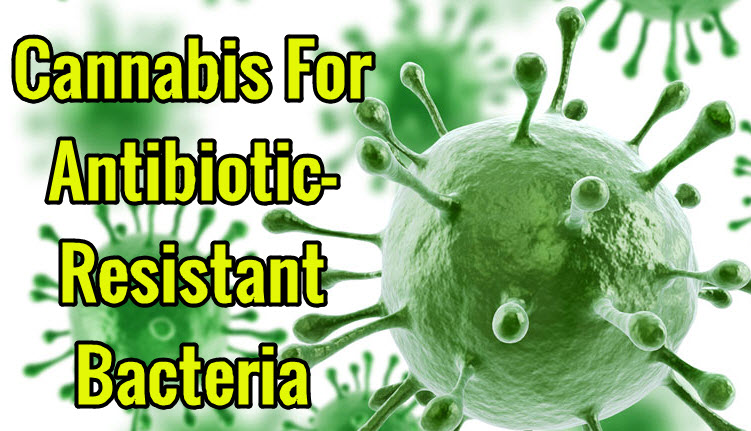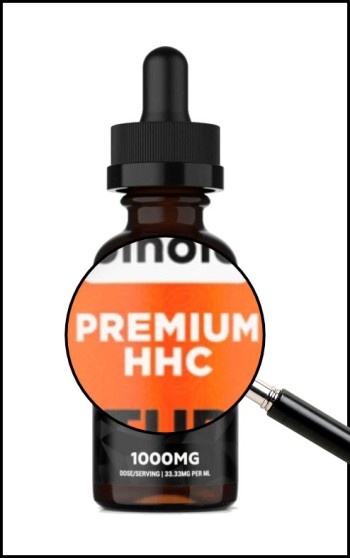How CBD can boost antibiotics
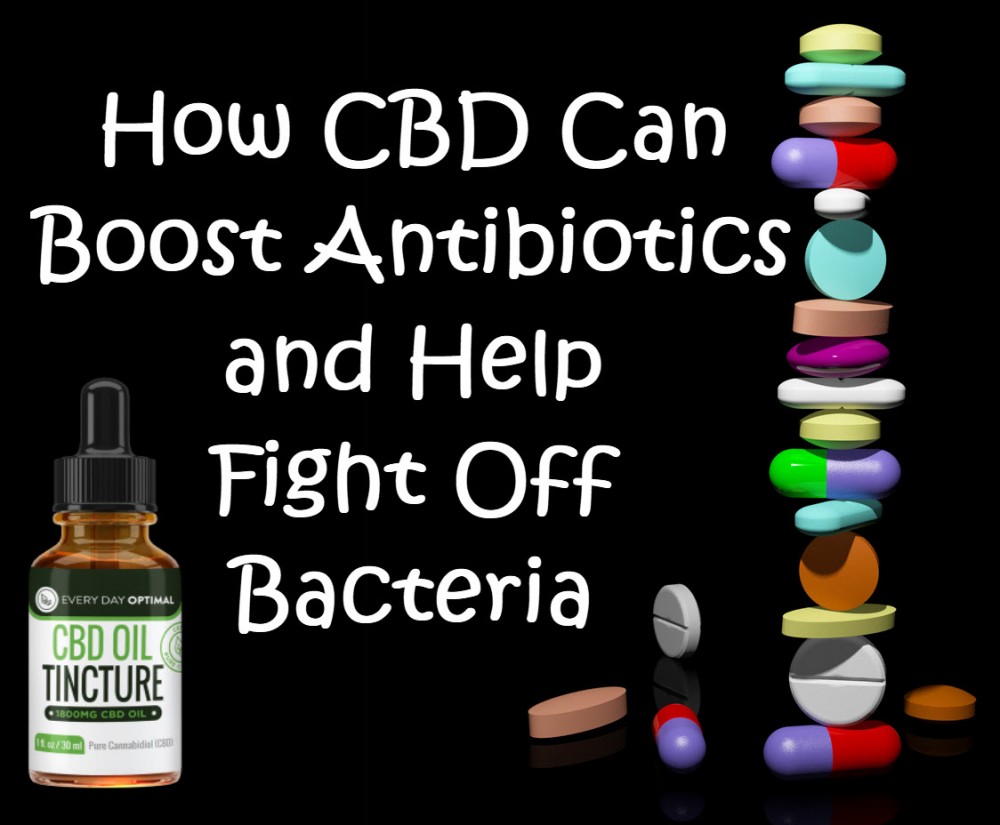
Research into CBD and its benefits has continued to provide much-needed insight into the highly potent cannabis compound. More and more, we’re seeing new studies that add to the ever-expanding list of illnesses and conditions CBD is able to treat. One of the latest findings, from two separate recent studies, sheds light on CBD’s potential as a ‘helper compound’ for antibiotics.
Last September, in a study done by researchers from the University of Westminster in London, headed by Dr. Sigurn Lange, a senior lecturer in molecular pathology, CBD was found to inhibit E. coli’s ability to produce outer membrane vesicles (or OMVs), which helped enhance antibiotics’ ability to kill off the bacteria and prevent it from multiplying.
Although most E. coli are harmless, some types are pathogenic and can cause diarrhea and other digestive related symptoms. E. coli is transmitted through contaminated water, food, or contact with infected persons/animals.
Lange and her team grew E. coli in a laboratory and treated it with antibiotics. They applied CBD to the bacteria and analyzed what effect it had after one hour. Afterwards, they did the same but with a higher dose, applying five micromolars of CBD oil compared to the one applied previously.
The five antibiotics used were colistin, kanamycin, vancomycin, rifampicin, and erythromycin. All are commonly used to treat bacterial infections. They found that the one treated with a smaller dose of CBD reduced the production of OMVs by an average of 73 percent, while the stronger one brought it down by 54 percent.
In older studies, E. coli has been known to adapt and resist vancomycin, which is used to treat meningitis, bone and joint infections, as well as skin and blood infections. In this study, CBD demonstrated its ability to prevent the bacteria from defending itself against the drug.
Dr. Lange said in the study, which was published in the journal Frontiers in Cellular and Infection Microbiology, “We have now demonstrated that cannabis oil is very effective at increasing antibiotic effects through changes in membrane vesicle composition and release in bacteria.”
“Our findings highlight that cannabis oil application, in conjunction with antibiotic treatment, may be an interesting addition to the development of new antibiotics to help reduce antibiotic resistance, especially given that antibiotic resistance is on the rise and predicted to be a global health disaster.”
Dr. Lange added, “This indicates that CBD, in combination with specific antibiotics, may be used to selectively target bacteria to make them less antibiotic resistant.”
It’s important to note that CBD’s antibiotic boosting powers do not encompass all types of bacteria, just some. And more research is certainly needed, especially in regards to how it is applied in humans. When the researchers applied the same amount of CBD to staphylococcus aureaus, it had no significant effect on OMV production. Scientists believe this is due to staphylococcus aurea being a gram-negative bacteria as opposed to a gram-positive one, the main difference being in the thickness of their cell walls. Gram-negative bacteria have thinner walls than gram-positive bacteria and also release more numbers of OMVs and different types of OMVs.
Although researchers didn’t find CBD could inhibit OMV production on staphylococcus aureaus, a study recently published in the journal Scientific Reports picked up where Dr. Lange’s team had left off and did further research into the bacteria’s interaction with CBD.
This time, the study was done by scientists from the University of Southern Denmark. Three things happened with the bacteria when the team treated it with CBD. First, they found that the bacteria could no longer multiply. Second, the expression of key genes in the bacteria, specifically cell division and autolysis genes, was lowered. And third, they found that the bacterial membrane became unstable.
Although staphylococcus aureaus is usually harmless, it can cause infection, especially in healthcare settings, where it can lead to severe illness or even death. This happens when: the bacteria spreads to the bloodstream; it affects people with underlying lung diseases and causes pneumonia; causes endocarditis, and osteomyelitis (bone infection).
The researchers believe the combination of antibiotics and CBD has huge potential as a new treatment for infections with antibiotic-resistant bacteria.
Janne Kudsk Klitgaard was the study’s principal investigator. In it he wrote, “If we combine an antibiotic with a helper compound, that enhances the effect of the antibiotic, we need less antibiotic to achieve the same effect. This may contribute to the development of fewer resistant bacteria.”
Antibiotic resistance is currently a huge threat to humanity. Drug resistant diseases like HIV, TB, and malaria cause up to 700,000 deaths annually around the world. Through these studies, researchers hope to find a solution to this growing threat. CBD may hold the key to neutralizing this threat once and for all.
CANNABIS,CBD, AND ANTIBIOTICS, READ MORE...
WILL CBD BE AN ANTIBIOTIC IN THE FUTURE, CLICK HERE.
OR..
CANNABIS OR ANTIBIOTICS, COULD YOU DO ONE OR THE OTHER?

